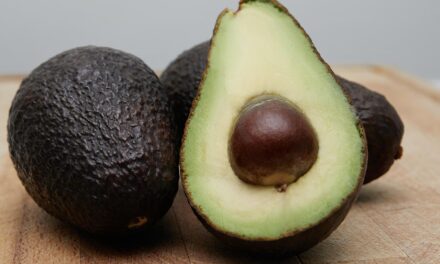Dates are a powerhouse of nutrients, offering an impressive array of vitamins, minerals, and macronutrients. While naturally high in sugar, dates are also a source of essential nutrients that make them a valuable part of a balanced diet. Here’s an outline of the key nutritional components:
Macronutrients in Dates (per 100g)
- Calories: ~277 kcal
- Carbohydrates: ~75g
- Predominantly natural sugars (glucose, fructose, and sucrose), providing quick energy.
- A small portion comes from dietary fiber (~7g), promoting digestive health.
- Protein: ~2g
- Dates contain small amounts of plant-based protein, which contributes to muscle maintenance and repair.
- Fat: ~0.2g
- Naturally low in fat, making them a heart-healthy option.
Vitamins in Dates
- Vitamin B6 (Pyridoxine)
- Supports brain health, neurotransmitter production, and energy metabolism.
- Niacin (Vitamin B3)
- Helps maintain skin health and supports the digestive and nervous systems.
- Vitamin K
- Essential for blood clotting and bone health.
- Folate (Vitamin B9)
- Important for DNA synthesis and red blood cell formation.
- Vitamin A (Beta-Carotene)
- Found in smaller amounts; supports vision, immunity, and skin health.
Minerals in Dates
- Potassium
- Dates are an excellent source of potassium (~696mg per 100g), essential for heart health, muscle function, and electrolyte balance.
- Magnesium
- Promotes bone health, regulates blood pressure, and supports muscle and nerve function.
- Iron
- Helps in red blood cell production and prevents anemia.
- Calcium
- Supports bone and dental health.
- Phosphorus
- Contributes to energy production and bone mineralization.
- Zinc
- Supports immune function and wound healing.
- Selenium
- Acts as an antioxidant and supports thyroid function.
- Copper
- Plays a role in iron metabolism and connective tissue health.
Other Nutritional Components
- Dietary Fiber
- Dates are rich in fiber (~7g per 100g), which aids digestion, supports healthy gut bacteria, and helps regulate blood sugar levels.
- Antioxidants
- Dates contain flavonoids, carotenoids, and phenolic acid, which help combat oxidative stress, reduce inflammation, and protect against chronic diseases.
Dates are a nutrient-dense food offering a unique combination of natural sugars for quick energy and essential vitamins, minerals, and fiber for long-term health benefits. Their rich nutrient profile makes them an ideal snack, a natural sweetener, or an ingredient in various healthy recipes.
Find out more about Dates as a superfood
How Chia Seeds Support Health
by fab_brands | January 15, 2025 | nutrition, superfoods | 0 Comments
Chia Seeds as a Superfood
by fab_brands | January 15, 2025 | nutrition, superfoods | 0 Comments
Frequently Asked Questions about Dates
by fab_brands | December 1, 2024 | superfoods | 0 Comments
How Dates Support Health
by fab_brands | December 1, 2024 | superfoods | 0 Comments
Nutritional Profile of Dates
by fab_brands | December 1, 2024 | superfoods | 0 Comments
Frequently Asked Questions about Kale
by fab_brands | November 25, 2024 | superfoods | 0 Comments
How Kale Supports Health
by fab_brands | November 25, 2024 | superfoods | 0 Comments
Nutritional Profile of Kale
by fab_brands | November 25, 2024 | superfoods | 0 Comments
Frequently Asked Questions about Eggs
by fab_brands | November 18, 2024 | superfoods | 0 Comments
How Eggs Support Health
by fab_brands | November 18, 2024 | superfoods | 0 Comments





